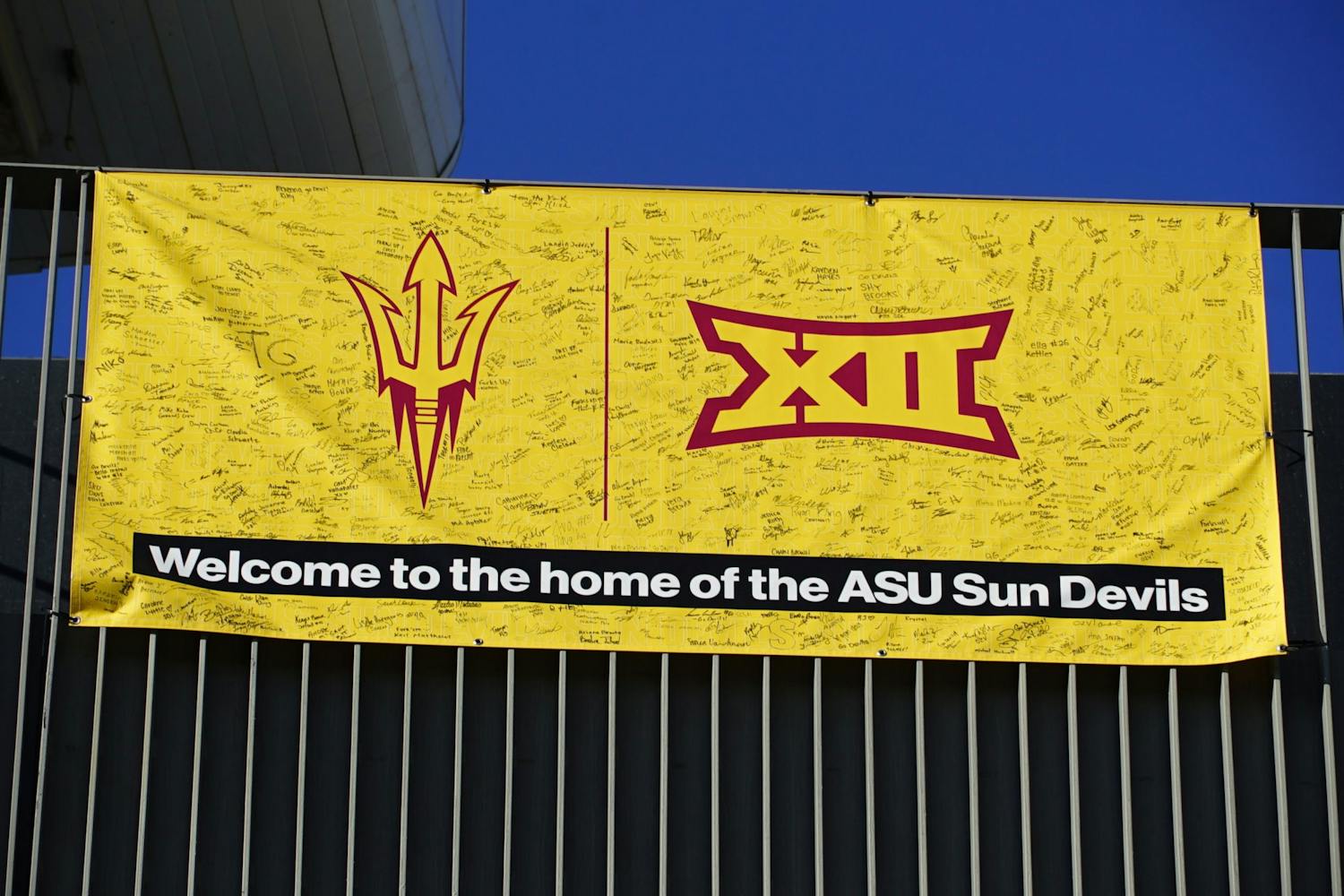Money makes the world go round, but it doesn't always have to dictate what you can and can't do. Travel is expensive, but you might need a lot less than you think.
Many people think of the celebrity-type travel, where you stay in five star hotels, eat at the finest restaurants and take taxis everywhere. Unfortunately, 98 percent of the human population can't afford to travel that way.
There are several tips and tricks that students use to get the experience of a lifetime with little money in their pockets.
- Stay in hostels. Some of them can be sketchy, but they're cheap and have a place for you to shower and sleep. Many of them have lockers that you can store your things in. You (hopefully) won't be spending too much time inside. Here's a tip: Always bring sheets and wash them before you leave.
- Eat at pubs or small restaurants. Sanitation is important. But if you're knowledgeable and prepared for your travel experience, eating shouldn't be a problem. If you're in a Third World country, don't buy from carts. But usually, eating simple and locally will reduce costs exponentially.
- Purchase a ISIC (International Student Travel Card) or IYTC (International Youth Travel Card). These will get you major discounts on flights, hostels, food and transportation. They're fairly cheap ($25) but if you spring for the travel insured ones ($100-$200), you'll have good coverage.
- Take public transportation, if you can. It's cheaper than cabs and it'll give you quite the experience. Be mindful of the risks and be vigilant about your things and your own safety.
- Buy flights at least two months in advance. The prices are generally cheaper if you buy in advance and fly on a midweek day.
- See if you can do a hostel exchange. If you're planning to stay in one place for a while, look into a hostel and see if they're offering jobs for free housing. Many do this, and some only hire people traveling through.
- Pack light. Bring only your essentials. Travel is about experience. It's not about being comfortable or having everything on hand. You learn how to be independent and you'll find that you don't need as much as you think you do.
Continue supporting student journalism and donate to The State Press today.





